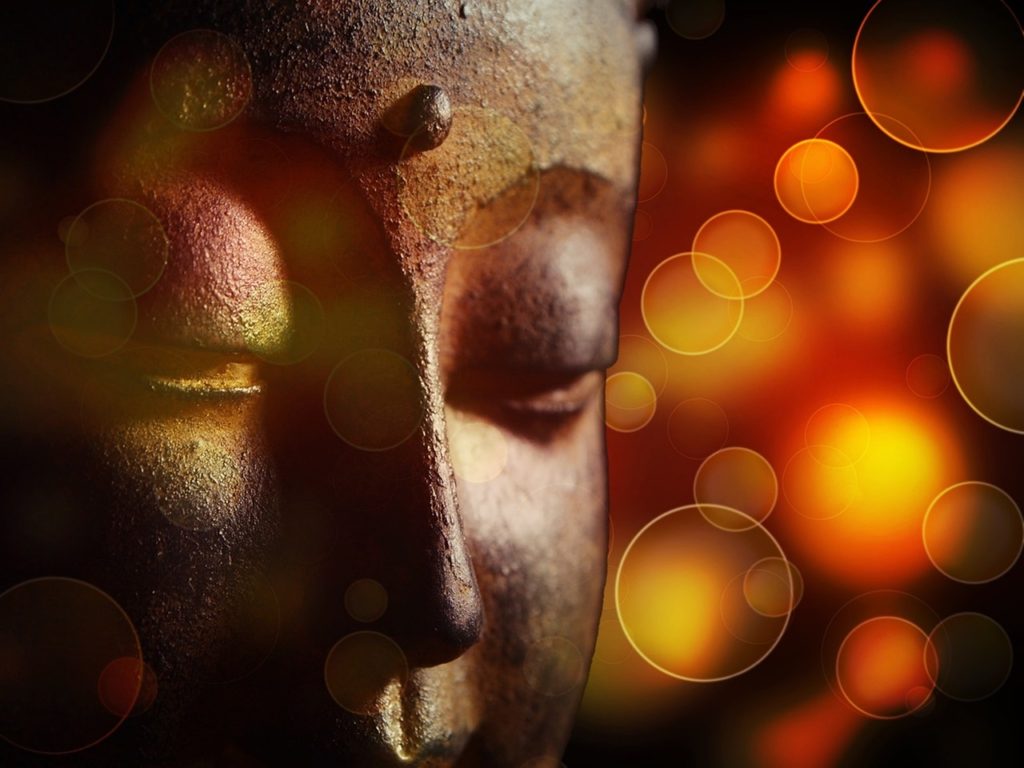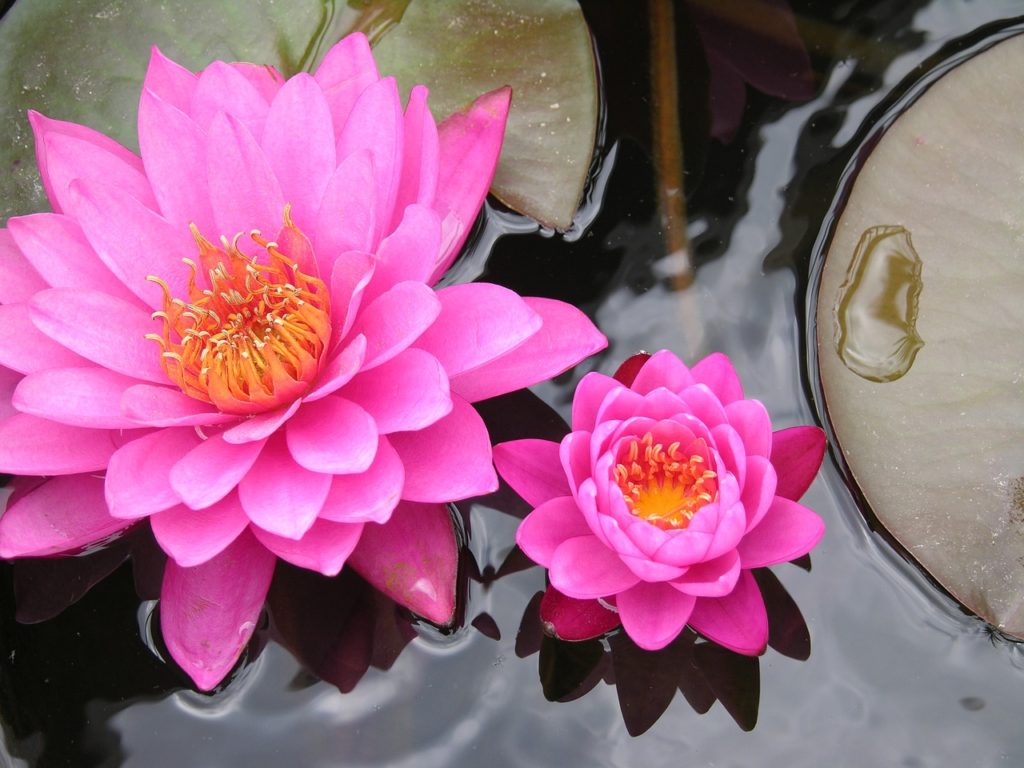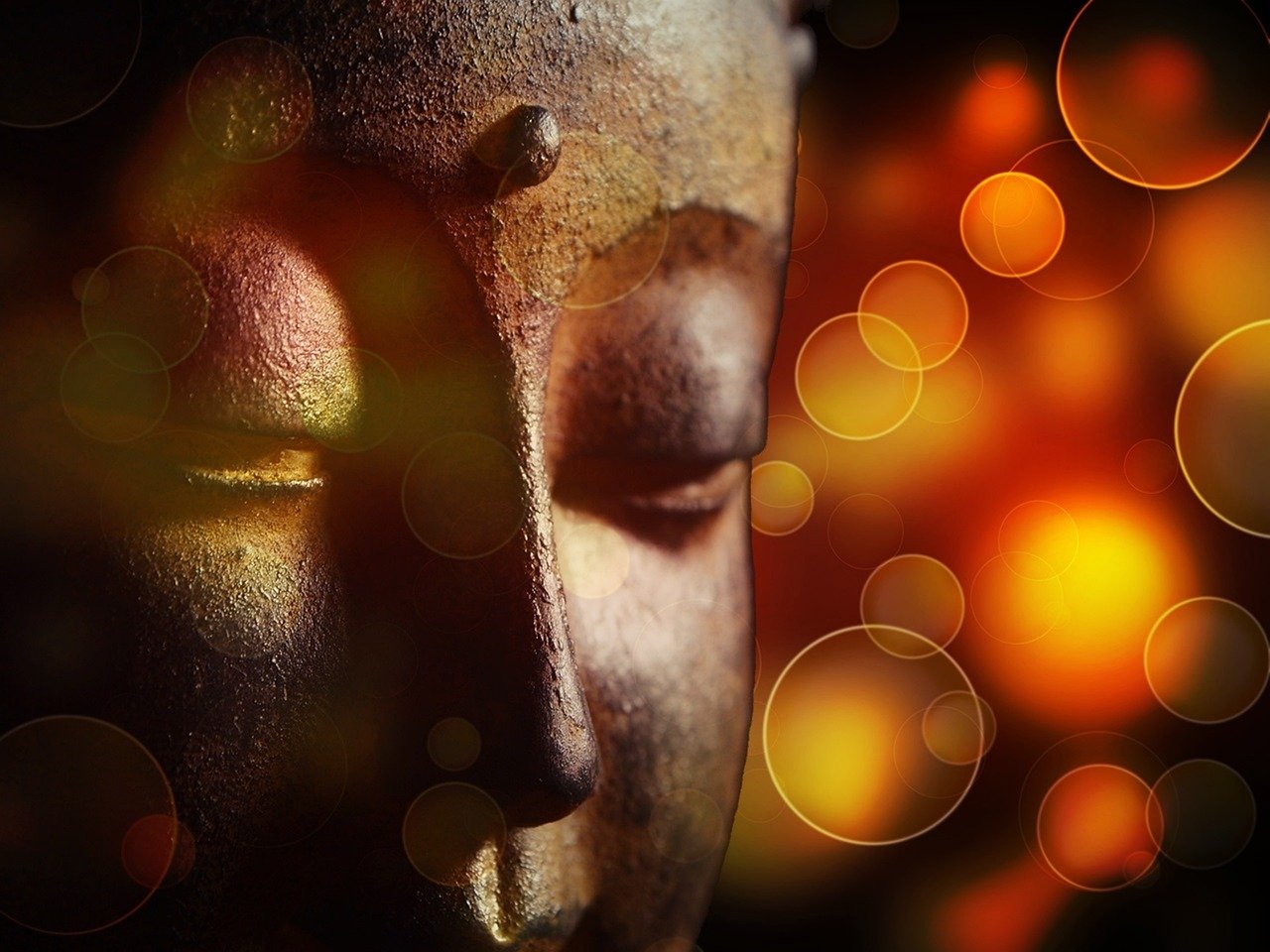The 5 Steps To Living The Peaceful Zen Warrior LIfe
The Peaceful Zen Warrior LIfe

Peaceful Zen Buddhist Life
The Peaceful Zen Warrior Life or peaceful Zen Buddhist life is simply a non-religious form of Zen Buddhism.
Taking a leaf out of the Zen Buddhism book so to speak.
(If we can classify religion as worshiping and or adhering to the words or teachings of a god or deity, a higher form of being)
So what do we mean by this?
Zen Buddhism is a spiritual tradition that emphasizes living in the present moment, cultivating mindfulness and awareness, and finding one’s own path to enlightenment. Here are some steps that may be helpful for living a peaceful Zen Buddhist life.


The 5 steps to a peaceful zen warrior life
- Practice mindfulness: Pay attention to your thoughts, emotions, and actions in the present moment, without judgment. This can involve sitting meditation, walking meditation, or other mindfulness practices.
- Cultivate compassion and kindness: Practice being kind and compassionate towards yourself and others. This can involve formal practices such as loving-kindness meditation or simply making an effort to be more understanding and empathetic in your daily life.
- Find a sense of balance: Aim to find a sense of balance in your life, both physically and emotionally. This can involve finding a balance between work and rest and finding ways to manage stress and negative emotions.
- Reflect on the nature of reality: Engage in philosophical reflection on the nature of reality and the self. This can involve reading and studying the teachings of the Buddha and other Zen masters, as well as engaging in discussions with others about these ideas.
- Engage in service: Find ways to help others and make a positive impact in the world. This can involve volunteering, participating in social action, or simply helping those in need in your daily life.

Remember that the path to peace and enlightenment is a personal journey and will look different for everyone.
It may involve a combination of formal practices such as meditation and study, as well as incorporating Zen principles into your daily life.
What does it mean to Pay attention to your thoughts, emotions, and actions in the present moment?
Paying attention to your thoughts, emotions, and actions in the present moment means being mindful and aware of what you are experiencing in the present moment, without judgment or evaluation. This can involve paying attention to your internal experiences, such as your thoughts, feelings, and sensations, as well as your external experiences, such as your surroundings and the actions you are taking.
Mindfulness involves bringing your attention to the present moment in a non-reactive way, without getting caught up in judgments or worries about the past or future. It is about observing your experience without getting carried away by it. By practicing mindfulness, you can learn to be more present and aware in your daily life, and this can help you find a sense of peace and clarity.
Mindfulness practices such as meditation, yoga, and tai chi can be helpful for cultivating mindfulness, as they provide opportunities to focus your attention on the present moment and become more aware of your experience. However, you can also practice mindfulness in your daily life by simply bringing your attention to your experience in the present moment, whether you are eating, walking, or engaging in other activities.

What is loving-kindness meditation?
Loving-kindness meditation is a type of meditation practice that involves cultivating feelings of love and kindness towards oneself and others. It is also known as metta meditation. In this practice, you repeat phrases or mantras to yourself that express love and kindness, such as “May all beings be happy,” “May all beings be safe,” and “May all beings be healthy.”
The purpose of loving-kindness meditation is to cultivate feelings of loving-kindness and compassion towards oneself and others. This can involve starting with oneself and then extending these feelings to loved ones, friends, acquaintances, and ultimately all beings. The intention is to cultivate a sense of universal loving-kindness and compassion and to cultivate an open and receptive heart.
Loving-kindness meditation can be practiced in a seated position, with your eyes closed or softly focused on a point in front of you. You can repeat the phrases to yourself silently or out loud, and try to allow the feelings of love and kindness to grow as you repeat the phrases.
It is important to approach this practice with an open and receptive attitude and to try to let go of any judgments or resistance that may come up.
Loving-kindness meditation can be a powerful practice for cultivating compassion, improving relationships, and finding a sense of inner peace.
It can be a helpful complement to other meditation practices and can be incorporated into daily life as a way of expressing kindness and care towards oneself and others.

What does it mean to reflect on the nature of reality and the self?
Reflecting on the nature of reality and the self refers to the practice of contemplating and contemplating the fundamental nature of reality and the self, and exploring how they relate to one another. This can be a central aspect of many spiritual and philosophical traditions, including Zen Buddhism.
In Zen Buddhism, the nature of reality is often understood to be empty and impermanent, and the self is seen as a constructed illusory concept. Reflecting on these ideas can involve contemplating the nature of the world and the self, and how they are experienced and perceived. It can also involve exploring the limits of language and thought, and the ways in which our concepts and beliefs shape our experience of reality.
Reflecting on the nature of reality and the self can involve a variety of practices, including reading and studying the teachings of the Buddha and other Zen masters, engaging in philosophical discussions with others, and engaging in meditation and other spiritual practices that encourage self-reflection. It can also involve exploring one’s own experience and questioning assumptions and beliefs.
Reflecting on the nature of reality and the self can be a challenging and deeply rewarding process that can lead to a greater understanding of the world and oneself, and a sense
of liberation and enlightenment. It is an ongoing process that requires a commitment to self-inquiry and self-exploration.

What are 3 useful ways to help others?
There are many ways to help others and make a positive impact in the world. Here are three examples:
- Volunteer your time: One way to help others is to volunteer your time and skills to a cause or organization that aligns with your values. This can involve volunteering at a local charity or non-profit organization or participating in community service projects.
- Donate resources: Another way to help others is to donate resources such as money, food, clothing, or other necessities to those in need. This can involve supporting a charity or non-profit organization or simply helping out a friend or neighbor in need.
- Offer support and kindness: A simple but powerful way to help others is to offer support and kindness in your daily life. This can involve listening to someone who is struggling, offering a helping hand, or simply being present for someone who needs it.


What to remember when trying to live the peaceful Zen warrior Life!
Remember that the most important thing is to approach helping others with a sincere and open heart, and to do what you can to make a positive impact in the world.







